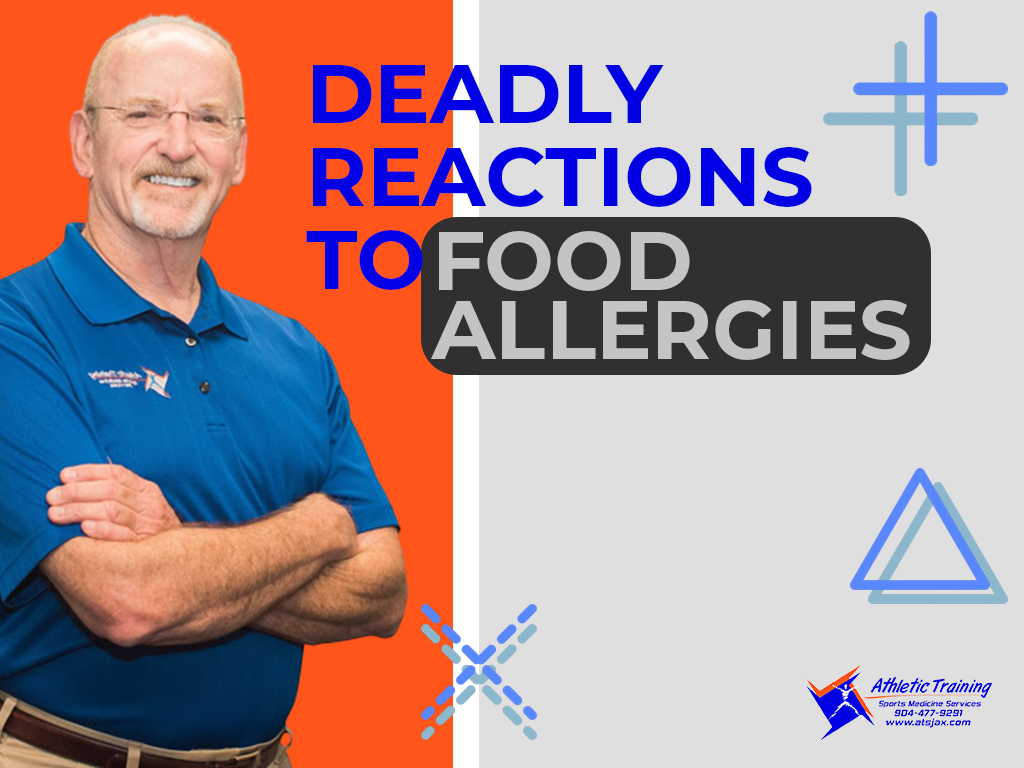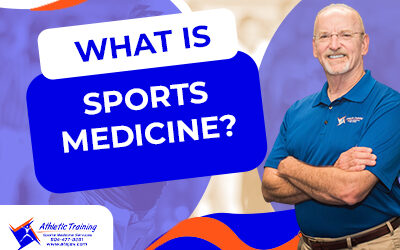According to the American Academy of Allergy, Asthma, & Immunology Society one in every 13 children has a food allergy. For these, an accidental exposure or ingestion of a food allergen, such as peanuts, fish, shellfish and be life-threatening.
An anaphylactic reaction or anaphylaxis, is a hypersensitive reaction that can occur in seconds or minutes after exposure to food allergens, including peanuts, tree nuts, fish, shellfish, or severe reaction to insect venom, medications, vaccines & chemicals.
Blood pressure drops suddenly and the throat swells which blocks normal breathing. Signs and symptoms of anaphylaxis can include a rapid, weak pulse; swelling of the face, eyes, lips or throat; a skin rash, wheezing, nausea & vomiting.
If not treated immediately, it can lead to unconsciousness or death. An epinephrine injector delivers medication to the bloodstream that can treat the acute allergic reactions and stave off anaphylactic shock. It opens the airways and is usually administered to the thigh.
Previous Florida legislation in 2006 allowed students to carry the prescription epinephrine auto-injector available but thanks to legislation (HB369/SB284) which took effect July1, 2013 schools may develop an anaphylaxis protocol with a licensed physician and keep a stock supply of the auto-injectors available for emergency use.
Epinephrine comes in two auto-injector devices. Epi-pen and Auvi-Q are safe for children with the most common side effect being a transient increase in heart rate. They are designed for self administration by non-medical personnel and require minimal training to use. The manufacturers, Mylan and Sanofi-Aventis of the auto-injectors have agreed to distribute devices to every public and private school in the state.
The bill was sponsored by Sen. Joe Negron and Rep. Mike LaRosa. The amendment was proposed by the 150 allergists in Florida of the Florida Allergy, Asthma & Immunology Society as well as supported by the Florida Medical Association, The Florida Osteopathic Medical Association, numerous other Florida medical societies, patient advocacy groups and concerned parents of children with food allergies.
Thank you to the author of much of this material, Patrick DeMarco, MD, a board certified allergist with Allergy & Asthma Specialists of North Florida, President of the Florida Allergy, Asthma & Immunology Society and a member of the Duval County Medical Society.




